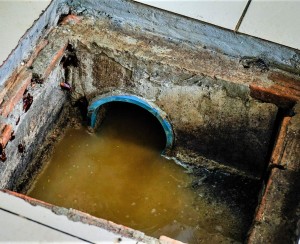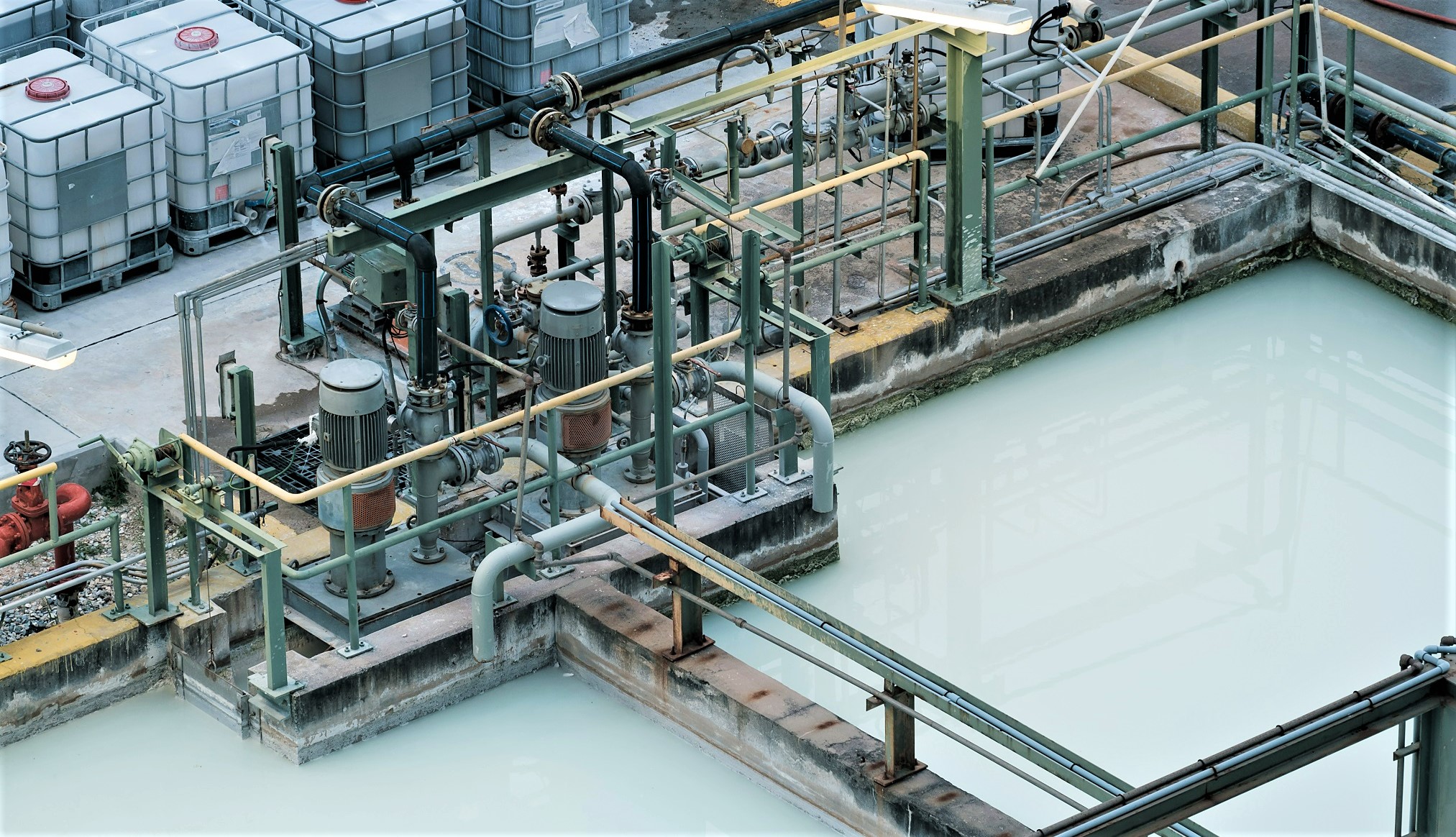Tip #1: It’s legally yours until ADEM & EPA say it isn’t.
Wastewater and sludge are inevitable byproducts of nearly all manufacturing processes, but no two manufacturers’ cleanup needs are alike.
At the same time, while the Alabama Department of Environmental Management (ADEM) and the Environmental Protection Agency (EPA) each have numerous compliance codes for cleanup and disposal, both agencies agree on one thing: Your manufacturing wastewater and sludge is legally your responsibility until it’s properly disposed-of, and documented, at an approved facility.
One wrong move, or one step not properly managed, and your operation could be easily facing fines in the millions. Which is why our professionals tend to be downright obsessive-compulsive when it comes to Waste Transport & Disposal planning, procedure and follow-through.
Tip #2: Start with a solid game-plan. In advance.
We understand why no word in the English language is more offensive to plant managers than Downtime — particularly when it’s not necessary. That said, you can’t prevent downtime altogether, but smart planning will help you minimize the time you allot to periodic wastewater and sludge cleanup.
One Stop’s professionals can help you customize a plant cleanup plan, whether you want to limit it to wastewater and sludge — or conduct cleanup plant-wide. (If you’re thinking about the latter, you might be interested in this 2020 article from PlantEngineering.com).
Regarding wastewater and sludge, most of our longtime manufacturing clients (ranging from small family-owned companies to multi-national corporations) conduct their own routine cleanup, then call-in our crews for deep cleaning work once or twice a year. (NOTE: Given how costly every minute of downtime can be, we regularly perform plant shutdown work on weekends and holidays.)
Tip #3: Use a company that’s properly equipped to do the job.
Vacuum trucks don’t come cheap, especially the best ones. Nor does top-of-the-line hydroblasting equipment. What’s more, given the often-punishing work it’s built to do, even the best equipment can fail at the worst possible time. Which is why you should ask any cleanup company you hire about their equipment fleets and their maintenance practices — and it wouldn’t hurt to ask their references about their performance history.
can fail at the worst possible time. Which is why you should ask any cleanup company you hire about their equipment fleets and their maintenance practices — and it wouldn’t hurt to ask their references about their performance history.
Wastewater and sludge projects can be extremely equipment intensive. One Stop has handled two-and-a-half-month-long cleanup projects requiring transport and disposal of 60 tons of wastewater and sludge per day.
For transport and disposal, we try to use qualified processing facilities within three hours drive time — but there are times when our trucks have had to travel as far as six hours one-way. And remember, until that load is disposed-of at a qualified processing facility — with all the necessary paperwork completed — that waste is legally your responsibility. Which makes it all the more critical to hire cleanup professionals who know, from long experience, how to protect your legal position — not to mention your good name and reputation.
Tip #4: Never cut corners on manpower. Or expertise.
Since opening our doors in 1999, we’ve been asked to complete countless cleanup projects started by other companies who simply didn’t have the right people to get the job done right. We’ve completed some jobs in a fraction of the time (and at a fraction of the cost) it’s taken other companies using similar equipment. Experience has taught us that, when it comes to hiring and training good people, you get what you pay for.
As for crew capacity, we’ve managed wastewater & sludge projects with crews up to 20, and as small as four — with an average crew size of 6 to 10. It’s nearly always hard work, but we’ve been lucky to attract (and retain) the kind of pros who love what they do. And that always makes a difference — not only in the quality of work performed, but in the time it takes to complete.
Tip #5: Take every advantage possible to minimize your costs.
We’ll help you identify opportunities to minimize your waste management costs — using everything from an overall Waste Minimization plan to recycling initiatives and our purchasing power with processing facilities.
We saved one client nearly $500,000 simply by 1) extending the shelf life of materials at a hazardous material control center, 2) sending used oil to be recycled instead of disposed of, and 3) crushing lightbulbs before disposal — reducing the number of containers used.
Ultimately, our job is like any service business: It’s about relationships. And if there’s one thing we’ve learned about plant service work, it’s this: Regardless of the project, the less time we spend doing our jobs at your place, the stronger the relationship!
WE CLEAN THE FOLLOWING – –
- Sludge Pits
- Plasma Tables
- Retaining Tanks
- Frac Tanks
- Underground Retention Tanks
- Crash Tanks
– – And anything else holding wastewater & sludge.
HOW CAN WE HELP YOU GET THE MOST
FROM YOUR PLANT CLEANUP INVESTMENT?
Contact Tony Feagins at TFeagins@onestopenv.com / 205-595-8188
or Thomas Harbin at tharbin@onestopenv.com / 205-595-8188.




